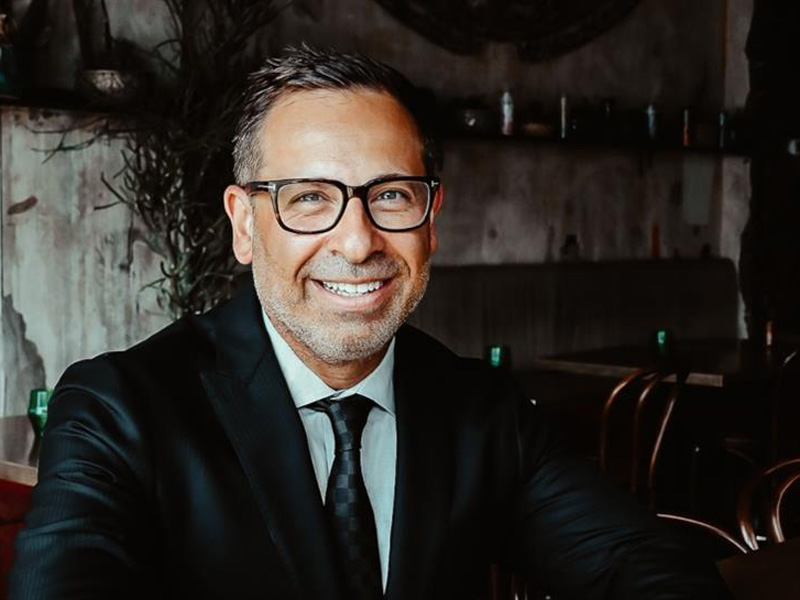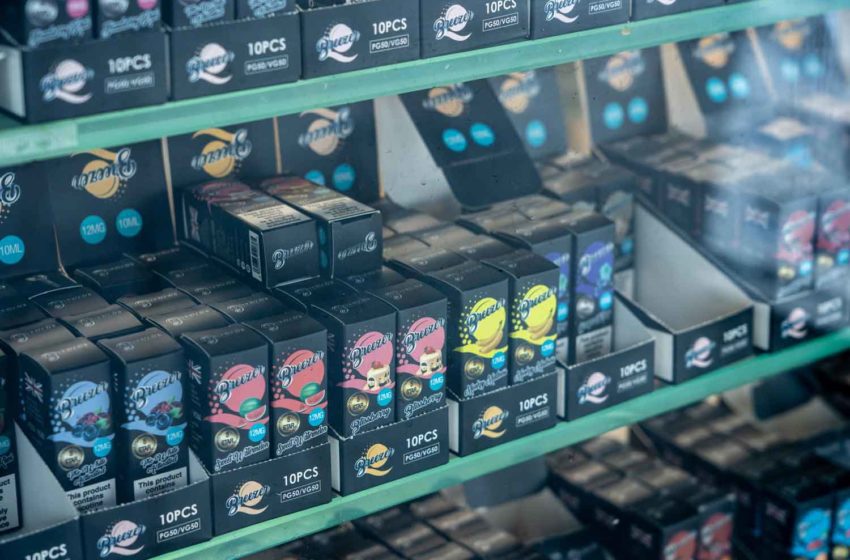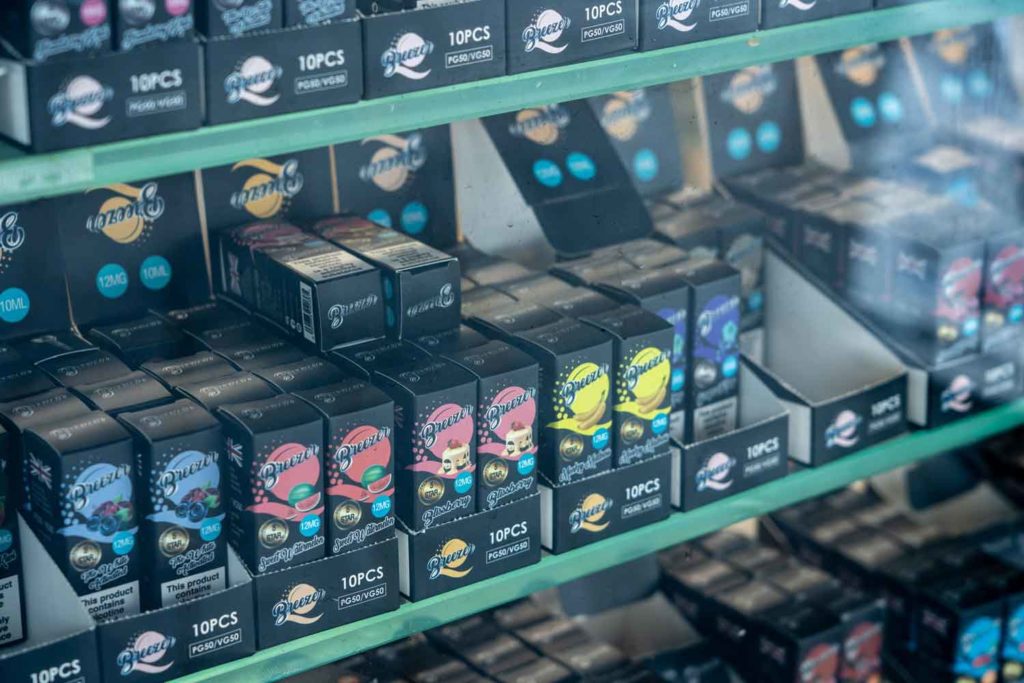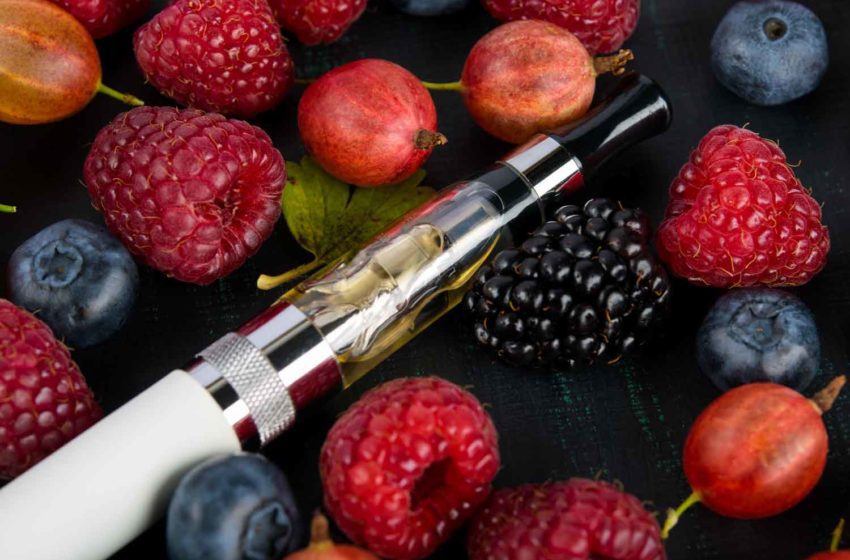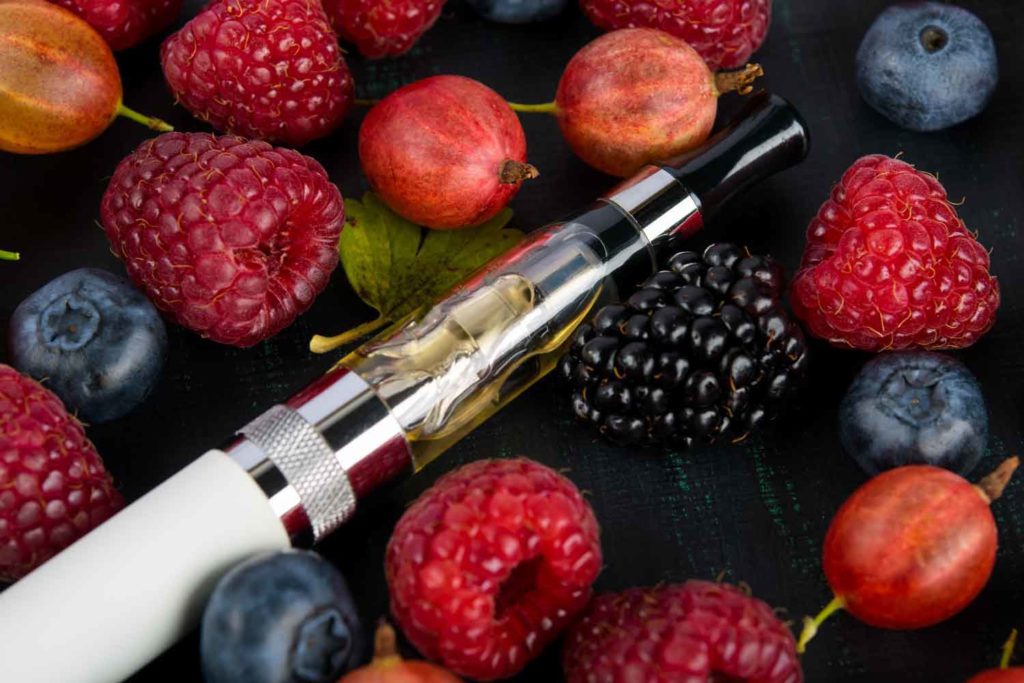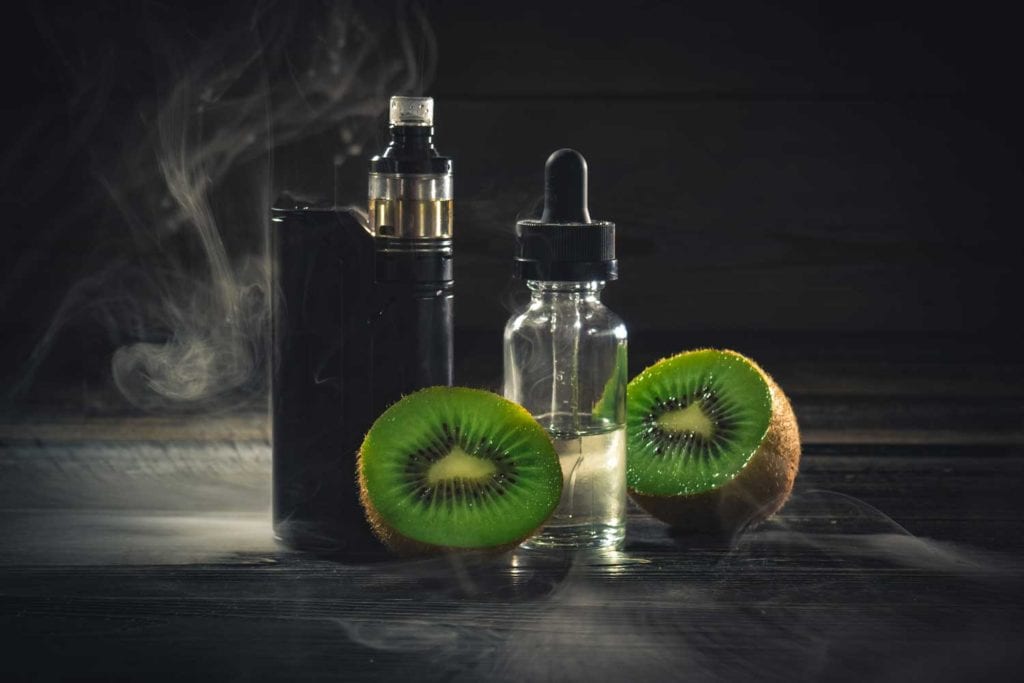
Vaping activists have welcomed New Zealand’s new “smoke-free” law, which they say strikes a balance between ensuring that safe, good-quality products are readily available for adult smokers while minimizing appeal to young people.
According to the U.K. Vaping Industry Association (UKVIA), New Zealand’s Smoke-free Environments and Regulated Products (vaping) Amendment Bill is “a breath of fresh air.”
“New Zealand has taken a huge leap forward in its efforts toward a smoke-free society in a move that brings its laws on vaping in line with the U.K.’s—and in many ways surpasses them,” the UKVIA wrote in a statement. “Not only does this move pave the way for many more smokers to be able to access vaping products with confidence, [but] it also puts its near neighbor Australia’s vaping policies to shame.”
In Australia, nicotine e-liquid is regulated like tobacco. However, the New Zealand government views vaping as a safer alternative to smoking and allows retailers to provide the following messages: “Completely replacing your cigarette with a vape will reduce harm to your health” and “If you smoke, switching completely to vaping is a much less harmful option.”
Among other provisions, New Zealand’s new legislation requires manufacturers to notify health authorities that a product has met the safety and quality standards before it can be sold; sets nicotine limits at 20 mg/mL for freebase nicotine and 50 mg/mL for nicotine salt products; and limits container sizes to 120 mL and requires them to be protected against breakage, leakage, spilling and have child-resistant closures.
In addition, the law sets a minimum sales age of 18 and restricts retail outlets to sell only tobacco, mint or menthol e-liquids. Vape shops, by contrast, will be allowed to sell a range of flavored products.
“We applaud New Zealand’s bold and brave approach to vaping, now enshrined into law, and can only encourage Australia and other countries with regressive, anti-harm reduction attitudes toward vaping to look again at the enormous role vaping can play in helping smokers to give up combustible tobacco for good,” the UKVIA wrote.



